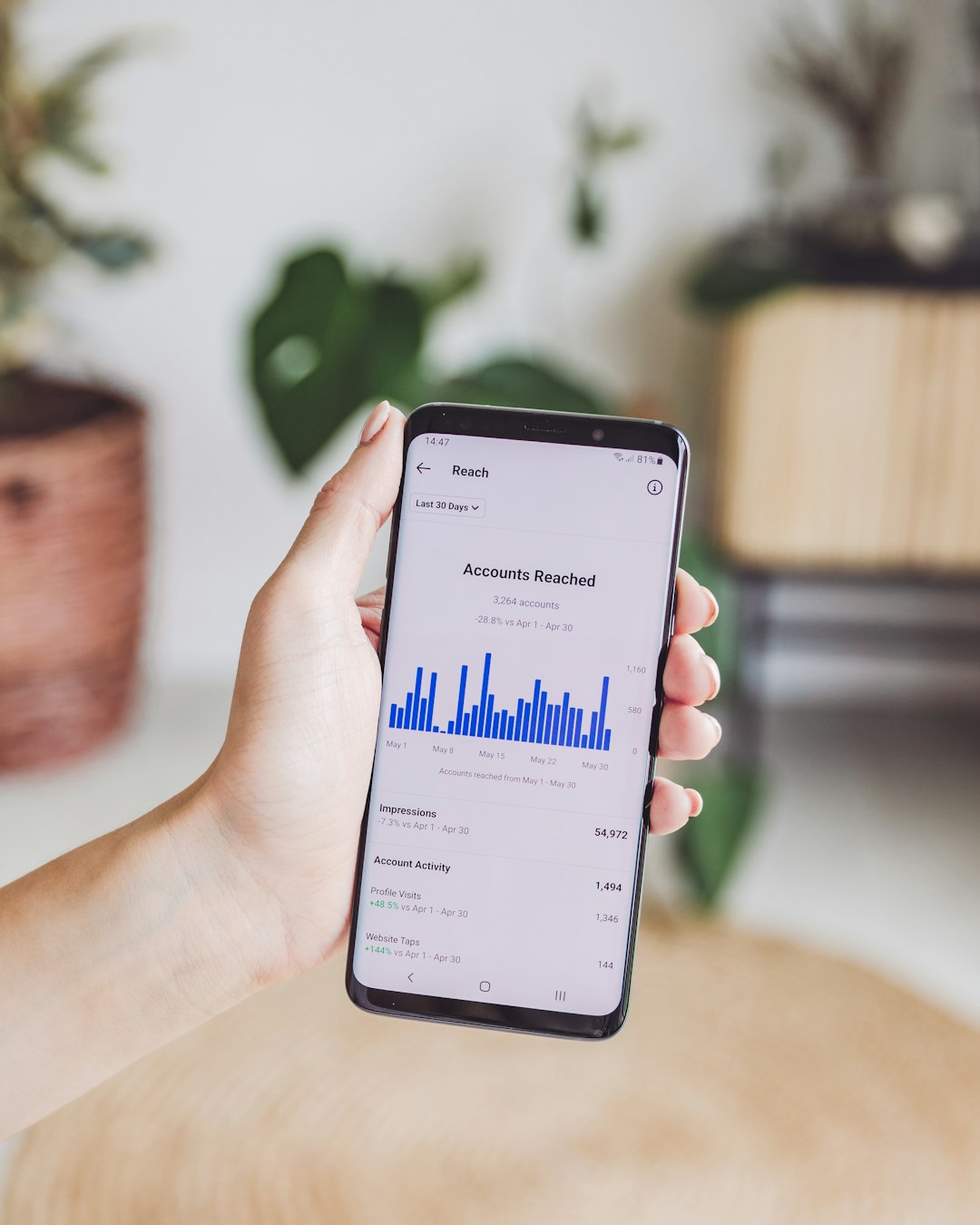In California, non-liable parties have specific legal protections against unfair debt collection practices. Debt collector lawyers navigate state laws, including the FDCPA, to ensure these rights are respected for individuals like spouses, children, and people with disabilities who aren't responsible for repaying debts. Non-liable parties can demand validation of debts, private conversations, and record calls (where permitted), preventing abusive tactics from collectors. Consulting with debt collector lawyers in California is crucial for understanding these rights and securing fair resolutions during financial vulnerabilities.
In California, non-liable parties facing debt collection calls require specific protections under the state’s stringent debt collection laws. This article explores these safeguards, clarifying who qualifies as non-liable and outlining their legal rights during such interactions. We delve into the crucial role of debt collector lawyers in defending these individuals and provide strategies for non-liable Californians to assert their rights effectively. Understanding these protections is essential for ensuring fair practices in debt collection across the Golden State.
Understanding Non-Liable Party Protections in California Debt Collection Law

In California, the protection of non-liable parties is a critical aspect of state laws governing debt collection practices. When individuals or entities are deemed non-liable, it means they have no legal responsibility to pay off someone else’s debt. This could include situations where a person co-signed a loan but is not primarily responsible for its repayment, or when a spouse’s debts are separate and distinct from their marital obligations. Understanding these protections is crucial for both consumers and debt collector lawyers in California.
Debt collector lawyers must be well-versed in California’s Fair Debt Collection Practices Act (FDCPA) and the state’s consumer protection laws to ensure they do not violate the rights of non-liable parties. These laws provide clear guidelines on how debts should be verified, communication with consumers should be conducted, and what actions debt collectors can take when dealing with non-liable individuals. Consumers, too, have a right to know if they are considered non-liable and to challenge any claims made against them. Being aware of these protections ensures fair practices throughout the debt collection process.
Who Qualifies as a Non-Liable Party?

In California, a non-liable party in debt collection refers to individuals or entities that are not primarily responsible for repaying the debt but may still be involved in the process. This includes spouses who have no financial obligation towards the debt, minor children, and individuals with disabilities who cannot manage their own finances. Additionally, certain trust accounts and assets held by legal representatives, such as guardians or conservators, are also protected from being seized for outstanding debts.
Debt collector lawyers in California play a crucial role in navigating these complexities. They help non-liable parties understand their rights and ensure that debt collection practices adhere to state laws, which have been designed to protect individuals from unfair treatment and excessive collection efforts. These legal professionals guide clients through the process, ensuring that only liable parties are targeted for debt repayment while safeguarding the interests of those who qualify as non-liable.
Legal Rights of Non-Liable Parties During Debt Collection Calls

During debt collection calls in California, non-liable parties have specific legal rights that protect them from harassment or unfair practices. These individuals, who are not responsible for the debt being collected, should be aware of their entitlements to ensure a respectful and lawful interaction with debt collectors. According to the Fair Debt Collection Practices Act (FDCPA), debt collector lawyers in California must refrain from using abusive, oppressive, or harassing tactics when contacting non-liable parties. This includes making false statements, using obscene language, or threatening legal action without intent to follow through.
Additionally, they have the right to request validation of the debt, meaning the debt collector must provide proof that the debt is legitimate and the amount owed is correct. Non-liable parties can also demand that the conversation be conducted in private and record the call if permitted by law. Knowledge of these rights empowers individuals to stand up for themselves and protect their interests during what can often be a stressful situation.
Role of Debt Collector Lawyers in Protecting Non-Liable Individuals

In California, debt collector lawyers play a pivotal role in safeguarding the rights of non-liable individuals caught in the crossfire of debt collection practices. These legal professionals are experts in navigating complex laws and regulations surrounding debt collection, ensuring that only valid claims are pursued and that all communication with debtors adheres to ethical standards. By understanding the intricate details of California’s debt collection laws, they can effectively protect clients who may be facing inaccurate accusations or unfair treatment during debt calls.
Debt collector lawyers in California help non-liable parties by providing legal counsel, reviewing case files for any discrepancies or violations, and negotiating with debt collectors on their behalf. They advocate for the rights of individuals to be free from harassment, false representations, and illegal collection tactics. Through strategic interventions, these lawyers can prevent wrongful actions, ensure fair debt resolution processes, and maintain the dignity of those who may be financially vulnerable.
Strategies for Non-Liable Californians to Assert Their Rights

When facing debt collection calls in California, non-liable parties have rights they can assert to protect themselves. One crucial strategy is to gather and document all relevant information about the debt, including the original creditor, the date of the alleged obligation, and any communication or agreements made. This documentation can be invaluable if a dispute arises. Additionally, Californians have the right to demand validation of the debt from the collector, who must provide proof that the debt is legitimate.
Seeking legal advice from experienced debt collector lawyers in California is another effective step. These professionals can educate individuals on their rights under state laws, such as the Fair Debt Collection Practices Act (FDCPA) and the California Consumer Credit Reporting Act. They can also assist in drafting written communications to collectors, ensuring that all requests and complaints are formally documented and potentially deterring further harassment.






